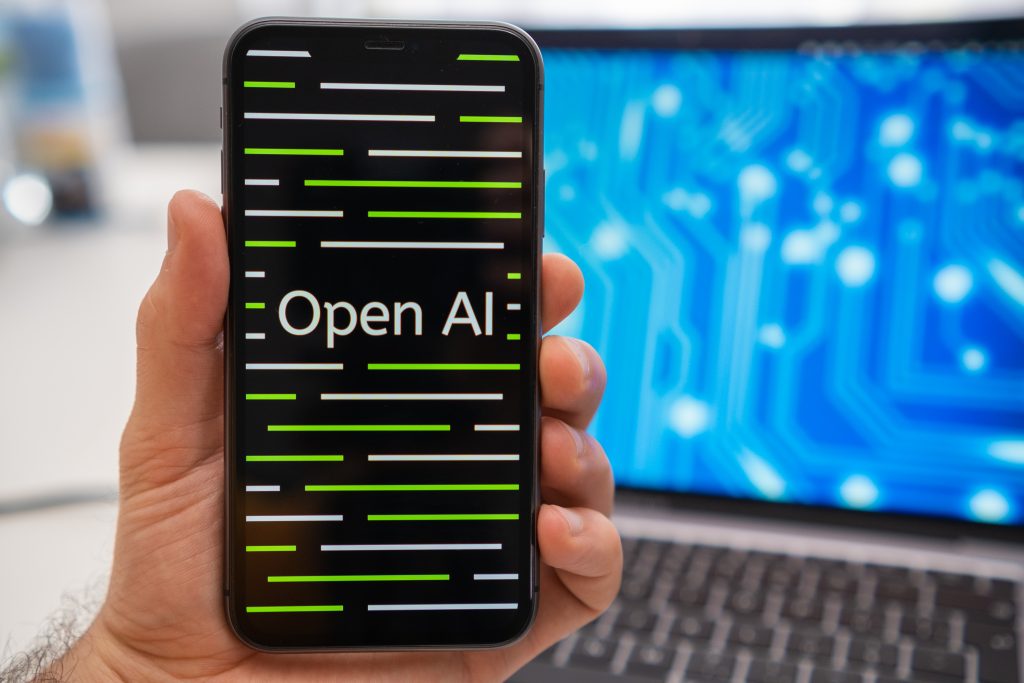Medium blocks OpenAI’s GPTBot, paves way for coalition against content scraping AI
This move aligns with the actions of other major media outlets and sets the stage for a possible coalition among platforms to combat what many see as the exploitation of their content by AI.

Medium has decided to block OpenAI’s GPTBot, an AI agent that scrapes web content for training its AI models. This move follows similar actions by CNN, The New York Times, and other media outlets, which have added ‘User-Agent: GPTBot’ to their robots.txt files to prevent the scraping of their content.
Medium’s CEO, Tony Stubblebine, expressed discontent with how generative AI is currently operating, stating that AI companies profit from writers’ content without consent or compensation. He suggested the formation of a coalition of platforms to address the issue collectively and had reportedly engaged in discussions with several significant organizations privately to explore this possibility.
However, the challenges in establishing such a coalition lie in the evolving nature of AI, copyright, and intellectual property laws, which lack clear definitions and standards. As a prominent entity, Wikipedia could potentially play a leading role in establishing these standards, given that many organizations face constraints due to their business interests.
Why does it matter?
The pressure is mounting on OpenAI as media outlets like The New York Times become increasingly dissatisfied with AI training methods and even consider legal action to protect their intellectual property rights. Notably, this announcement comes a few days after a group of renowned authors, including George R.R. Martin and Jodi Picoult, joined a proposed class-action lawsuit against OpenAI. The lawsuit claims OpenAI’s products, including ChatGPT, infringe on their copyrighted work, igniting a significant legal battle with a potential for success in the copyright suits against OpenAI, as suggested by James Grimmelmann, a Cornell University Law School professor of digital and information law.
